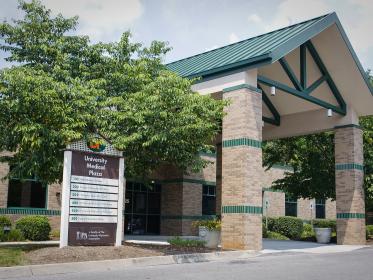What is a Rectovaginal Fistula?
A rectovaginal fistula is an abnormal connection occurring between the rectum and the vagina. Most rectovaginal fistulae in the United States are caused by birth injuries or by diverticulitis. If the opening between the rectum and vagina is wide enough, fecal material can leak through the hole into the vagina, leading to fecal incontinence.
What Are the Symptoms of a Rectovaginal Fistula?
The most common symptom of a rectovaginal fistula is fecal leakage from the rectum into the vagina. Other common symptoms include recurrent urinary tract infections, chronic skin irritation, and unpleasant odor.
How Are Rectovaginal Fistula Diagnosed?
Much in the same manner as urinary fistula are diagnosed, the diagnosis of a rectovaginal fistula begins with a careful medical and surgical history, followed by a detailed physical exam. The majority of these can be located on physical exam by a trained surgeon. If the initial physical exam does not reveal the fistula tract, your doctor may choose to perform a “dye test,” in which blue dye can be introduced into the rectum and then, with a finger in the rectum, your doctor can “express” blue dye from the rectum into the vagina revealing the location of the fistula tract. If the diagnosis is still uncertain, other tests such as defecograms and barium enemas may be used to determine the location of the fistula.
How Are Rectovaginal Fistulas Treated?
The answer to this question depends on the size, location and age of the fistula. Small fistula that are more distal in the vagina may be closed surgically with no other interventions required. Some, however, such as RV fistula that are large or high into the vaginal vault may require a temporary colostomy to divert stool away from the fistula in order for a repair to be successful. Surgeries of this magnitude normally involve joint procedures between a vaginal surgeon and a colorectal surgeon.
What Should I Do if I Think I Have a Fistula?
If you think you may have a fistula, see your doctor right away. If your doctor does not have experience in fistula repairs, they will refer you to an appropriately trained vaginal surgeon.




